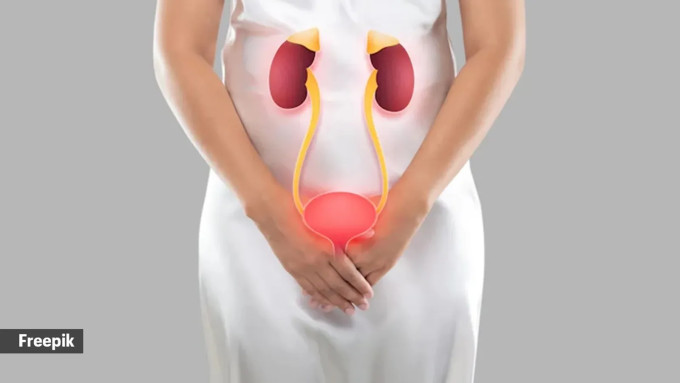What is honeymoon cystitis whose ‘incidence varies between 5-20% in women’?
Honeymoon cystitis, despite its name, is a medical condition that does not just affect women on their honeymoons. It is, in fact, a type of Urinary Tract Infection (UTI) that occurs after the first intercourse, or after long periods of abstinence. This UTI, experts say, can affect any part of the urinary system — which includes the kidney, bladder, and urethra.
“The bacteria enters the urinary tract and leads to symptoms like burning sensation while urination, strong-smelling urine, nausea or vomiting, muscle aches, increased frequency, or even pain in the lower part of the stomach. It can give rise to fever and in some cases, one can see traces of blood in the urine,” Dr Vaishali Joshi, obstetrician, and gynaecologist, Kokilaben Ambani Hospital, Mumbai, told indianexpress.com.

How common is it?
It is not uncommon to have a urine infection after first sexual activity. It can also happen in a sexually active woman if she resumes sexual life after a long period of celibacy. Incidence varies between 5-20 per cent, shared Dr Joshi.
Causes
According to Dr Joshi, women are more prone to UTIs than men due to the proximity of their urinary system to their genital organs. “The urethra, i.e. the channel that brings urine from the bladder to outside for voiding, is short in women, and its opening (pee-hole) is also at the tip of the vulva where the penis is inserted during penetrative sex,” said Dr Joshi.
How is this infection diagnosed?
Some routine tests performed are urine microscopic examination and urine culture and sensitivity. Dr Joshi said that these help identify the type of bacteria causing UTI and the effective antibiotics to clear the infection. “A sonography of the kidney and bladder may be needed if it becomes recurrent,” said Dr Joshi.
Prevention of honeymoon cystitis
It can be prevented by emptying the bladder immediately after intercourse and drinking a lot of water. “One needs to be careful if UTIs happen repeatedly, i.e at least more than 2-3 infections in 6 months, as it then needs specialist treatment and long-term antibiotics,” said Dr Joshi.
 Urgent medical attention and prompt treatment are essential (Source: Freepik)
Urgent medical attention and prompt treatment are essential (Source: Freepik)
Treatment
Urgent medical attention and prompt treatment are essential. Dr Joshi cautioned that one must avoid self-medication and complete the course of treatment. “It is important to complete antibiotic course to prevent the emergence of antibiotic-resistant bacterial infections in the future and prevent recurrence of UTI,” said Dr Joshi.
Things to keep in mind
During treatment of UTI, avoid sexual intercourse, said Dr Joshi. “It can aggravate and delay the treatment. Use a barrier method of contraception or condoms for a few weeks after a recent UTI,” said Dr Joshi.
Disclaimer: The copyright of this article belongs to the original author. Reposting this article is solely for the purpose of information dissemination and does not constitute any investment advice. If there is any infringement, please contact us immediately. We will make corrections or deletions as necessary. Thank you.





